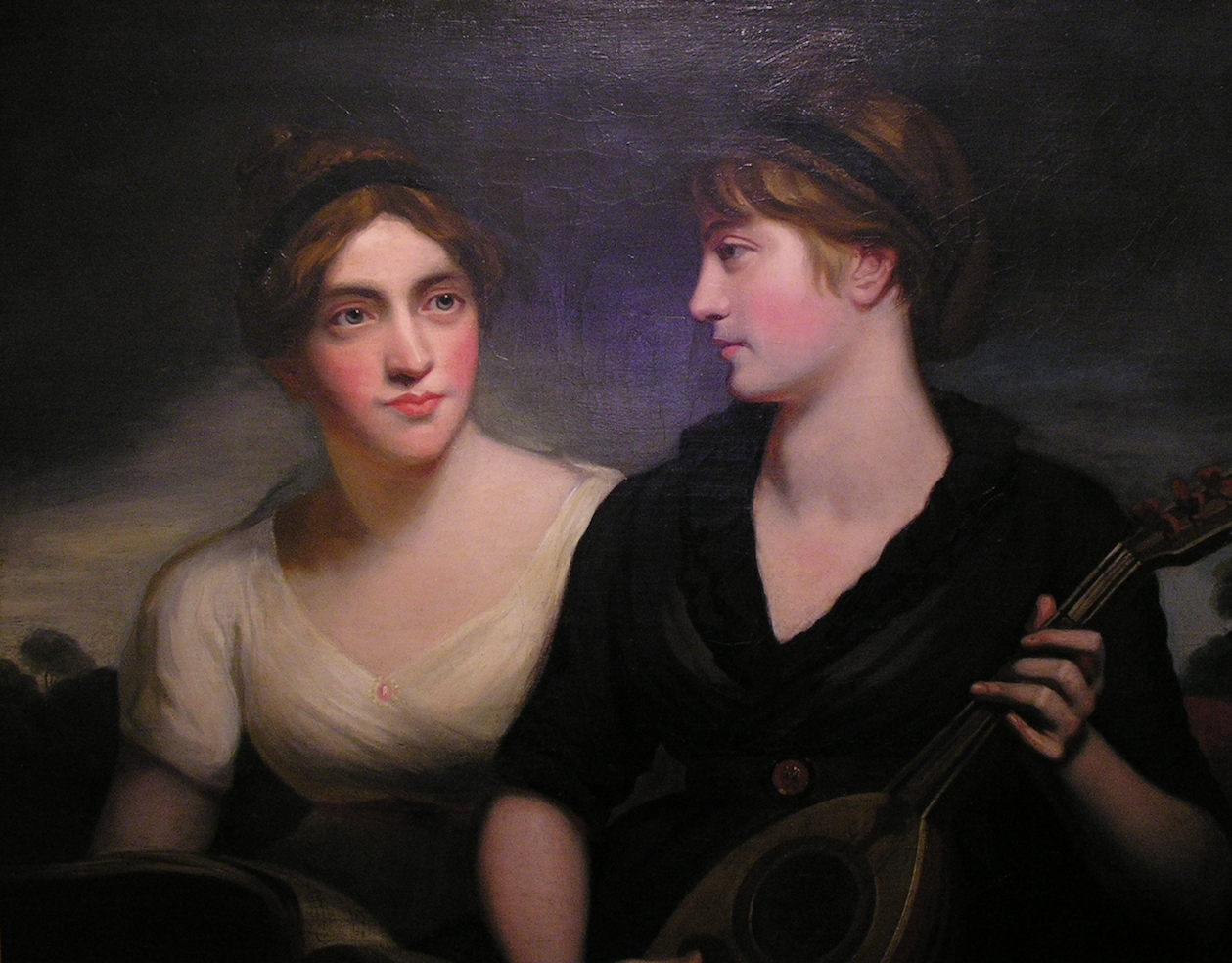
The Correspondence of Amelia Alderson Opie employs digital affordances to move beyond conventions inherited from print culture. Opie’s letters are particularly suited to such an endeavor given the length of her life (1769-1853), the impressive scope of her acquaintance, and the sheer number of letters in the archive. Identified variously as an English radical, bluestocking authoress, and Quaker abolitionist, Opie began publishing novels, poetry, and tales in the early 1790s and continued to do so well into the 1840s. She had a notably wide acquaintance both within England and abroad, and her letters served as the means by which she maintained her social, professional, and political networks. Furthermore, her letters are particularly lively examples of epistolary discourse; they are full of gossip, political speculation, poetic allusions, and a host of literary techniques familiar to readers of her published literary works.
TEI has been employed to create data-rich transcriptions of Opie’s engaging epistolary practices, encoding them with the intention of generating interpretive graphic visualizations of the texts. The schema for this project employs commonly used "xml:id" tags to identify people and places, but goes beyond that by employing "interp" and "q" tags to mark the author’s distinctive language use. While keyword and people searches will be available, the archive will also extract and display xml data in order to examine how Opie’s language use changes over the course of her life as she negotiates a range of social networks and practices. We are particularly interested in how Opie’s language use changes over time (from 1794 to 1853), particularly as she turns away from radical politics and towards the Society of Friends. Questions of audience are also pertinent: does she craft a letter based upon her correspondent? Does gender matter? Does she take into account their politics? A data-driven digital edition can help us answer these big questions, thus transforming this collection of letters into a dynamic interpretive resource.
We are also interested in drawing connections between Opie’s correspondence and those of her contemporaries, some of who are represented in the larger digital archival, as well as others who are not. Both William Godwin’s Diary and The Collected Letters of Robert Southey have served as models for this project. Indeed, Opie’s social networks overlap with those of Godwin and Southey, and she exchanged letters with both men. Ideally, Opie’s digital archive could achieve interoperability with projects like these over time. Other correspondents do not yet have a digital presence, most notably her prominent Quaker mentors, Joseph John Gurney and Elizabeth Fry. If you have any interest in collaborating on such a project, please contact Roxanne Eberle (General Editor) at eberle@uga.edu.
The Correspondence of Amelia Alderson Opie: A Digital Archive will eventually include visualizations employing data extracted from the letters. In addition to displaying social networks, the visualizations will provide insight into Opie’s language use and epistolary practices but also political and religious development. It is an archive that uniquely details the rhythms of a woman's life over the course of the first fifty years of the nineteenth century.
Contact Information for Roxanne Eberle, General Editor: eberle@uga.edu.
This project has its genesis in institutional support from UGA's Office of the Provost and the Willson Center Digital Humanities Lab. Emily McGinn, Director of the UGA DigiLab, has provided invaluable technical support and expertise.
Permissions
For permission to publish manuscript material in their possession, the editor would like to thank The New York Public Library's Henry W. and Albert A. Berg Collection of English and American Literature and the Carl H. Pforzheimer Collection of Shelley and His Circle, as well as The Huntington Library, Pasadena, California. Other permissions are currently pending.
Conditions of Use, Permission for Reprinting, and Guidelines for Citation
Please use appropriate guidelines when citing editorial and manuscript material displayed in this online archive. Example using MLA style: Opie, Amelia. Letter to Susannah Taylor. August 26, 1794. The Correspondence of Amelia Alderson Opie: A Digital Archive. Ed. Roxanne Eberle. [Date of Access and a link to this site].
The Correspondence of Amelia Alderson Opie: A Digital Archive by Roxanne Eberle, General Editor is licensed under a Creative Commons Attribution-NonCommercial-ShareAlike 4.0 International License. If you use or share any of the digital or TEI schema employed by this archive, please cite appropriately.
About the Design
This electronic edition was TEI-encoded by Roxanne Eberle on the oXygen platform. Dr. Eberle learned TEI in a course offered by the Initiative for Digital Humanities, Media and Culture at Texas A and M University, under the direction of Laura Mandell. Emily McGinn, Director of the UGA DigiLab, also offered technical training and assistance. The TEI files were transformed into HTML by using modified transforms originally provided by the TAMU DH course.
This website is still under construction. The complete correspondence with Susannah Taylor was published in April of 2018 but other materials are forthcoming.